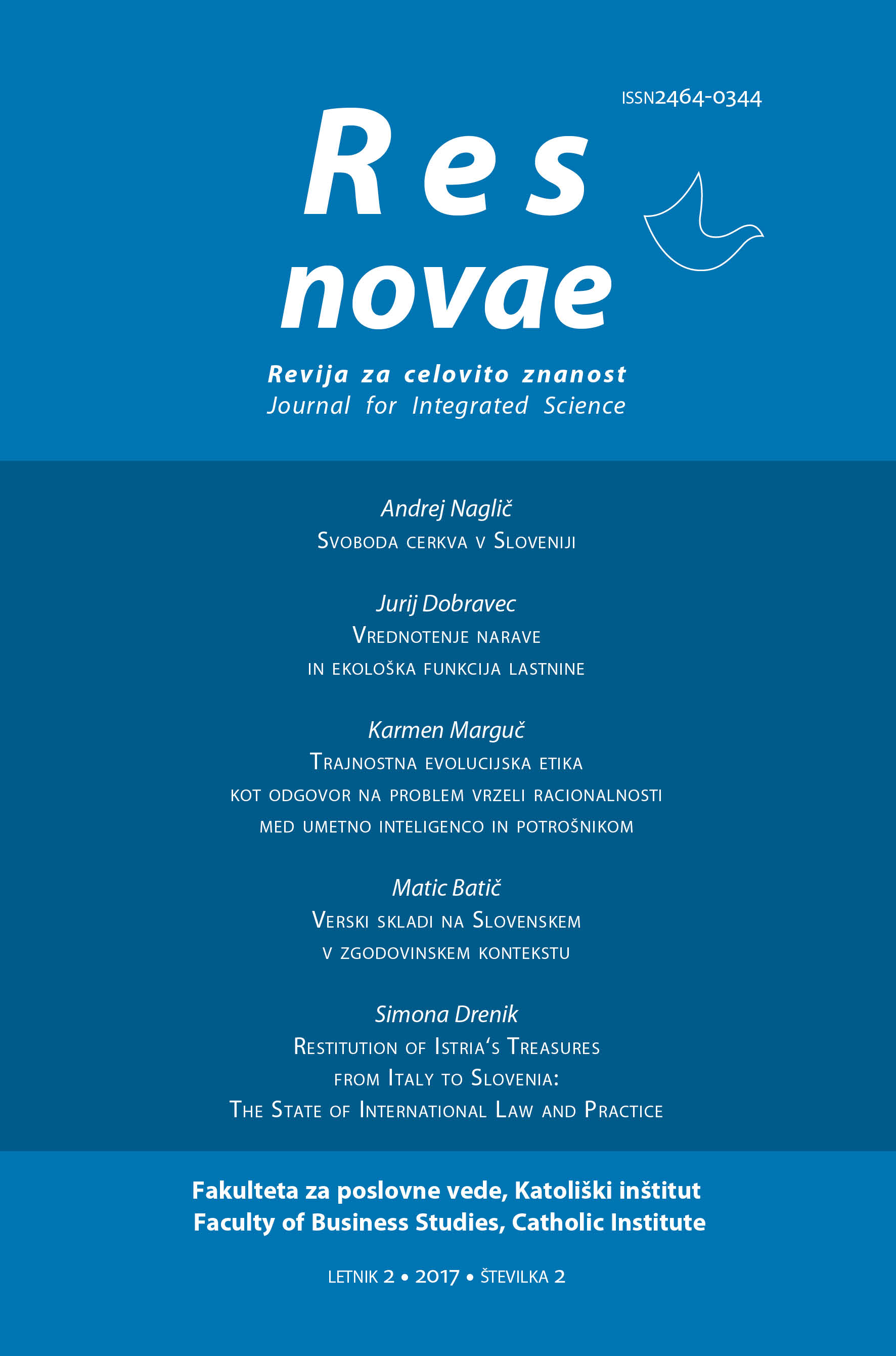Sustainable Evolutionary Ethics in Response to the Problem of Rationality Gap Between Artificial Intelligence and the Consumer
Karmen Marguč
Sustainable Evolutionary Ethics in Response to the Problem of Rationality Gap Between Artificial Intelligence and the Consumer
DOI: https://doi.org/10.62983/rn2865.172.3
Key words: evolutionary ethics, artificial intelligence, rationality gap, online advertising
Abstract:
Rapid progress of artificial intelligence in digital advertising will have a major impact on the consumer. The aim of this article is to explicate this effect by defining the problem as a gap between the rationality of artificial intelligence and the vulnerability of the consumer in decision-making in the context of new researches in the field of cognitive psychology and behavioural economics. To prevent the increasing possibilities of unethical and hidden manipulations of the consumer in online advertising, some ethical theories and the possibility of their implementation in algorithms and legislation are examined. Theoretical research shows enormous lack of interdisciplinary cooperation for development of an appropriate ethical theory for the purpose of its implementation into artificial intelligence in business processes. Traditional moral theories are unable to solve new complex issues because of their too narrow focus on moral principles. An alternative ethical theory based on sustainability principles is proposed. It adheres to the principles of economics, latest findings of cognitive psychology, and uses artificial intelligence for its implementation. Sustainable evolutionary ethics opens up new research questions that can be solved only interdisciplinary.
PDF



